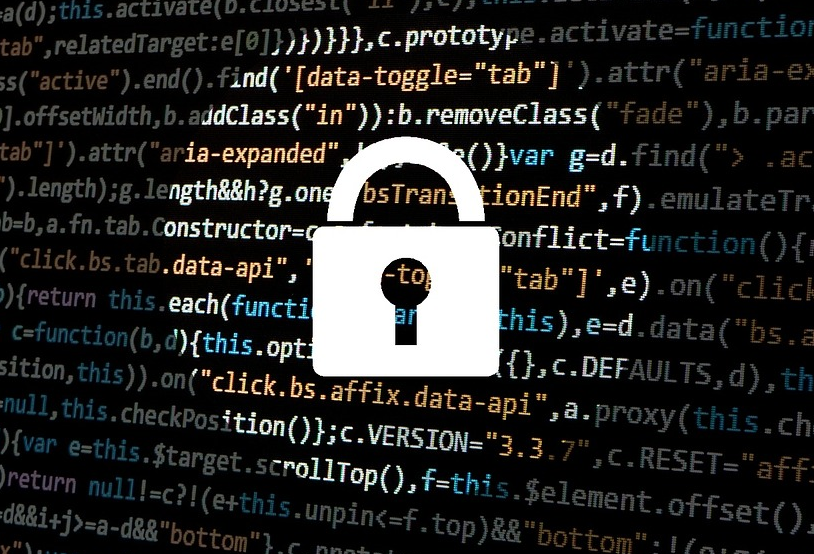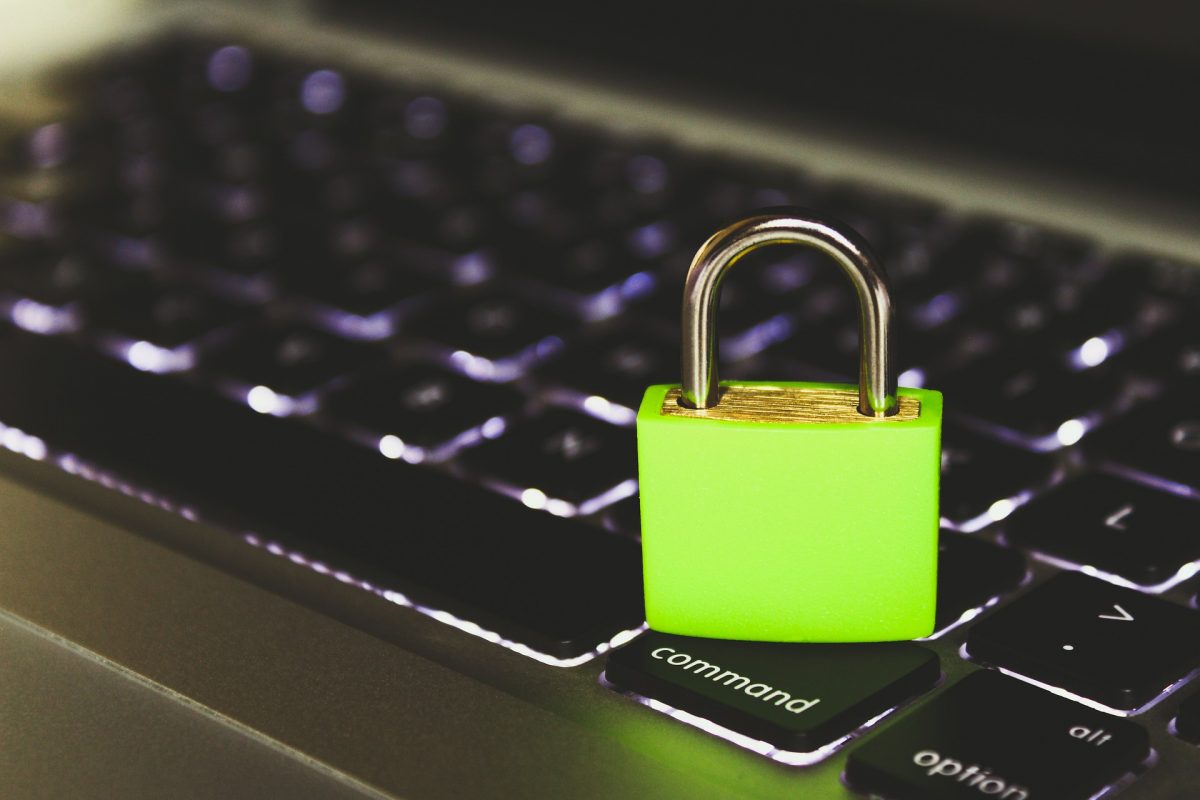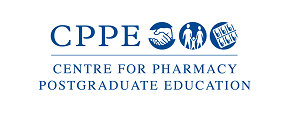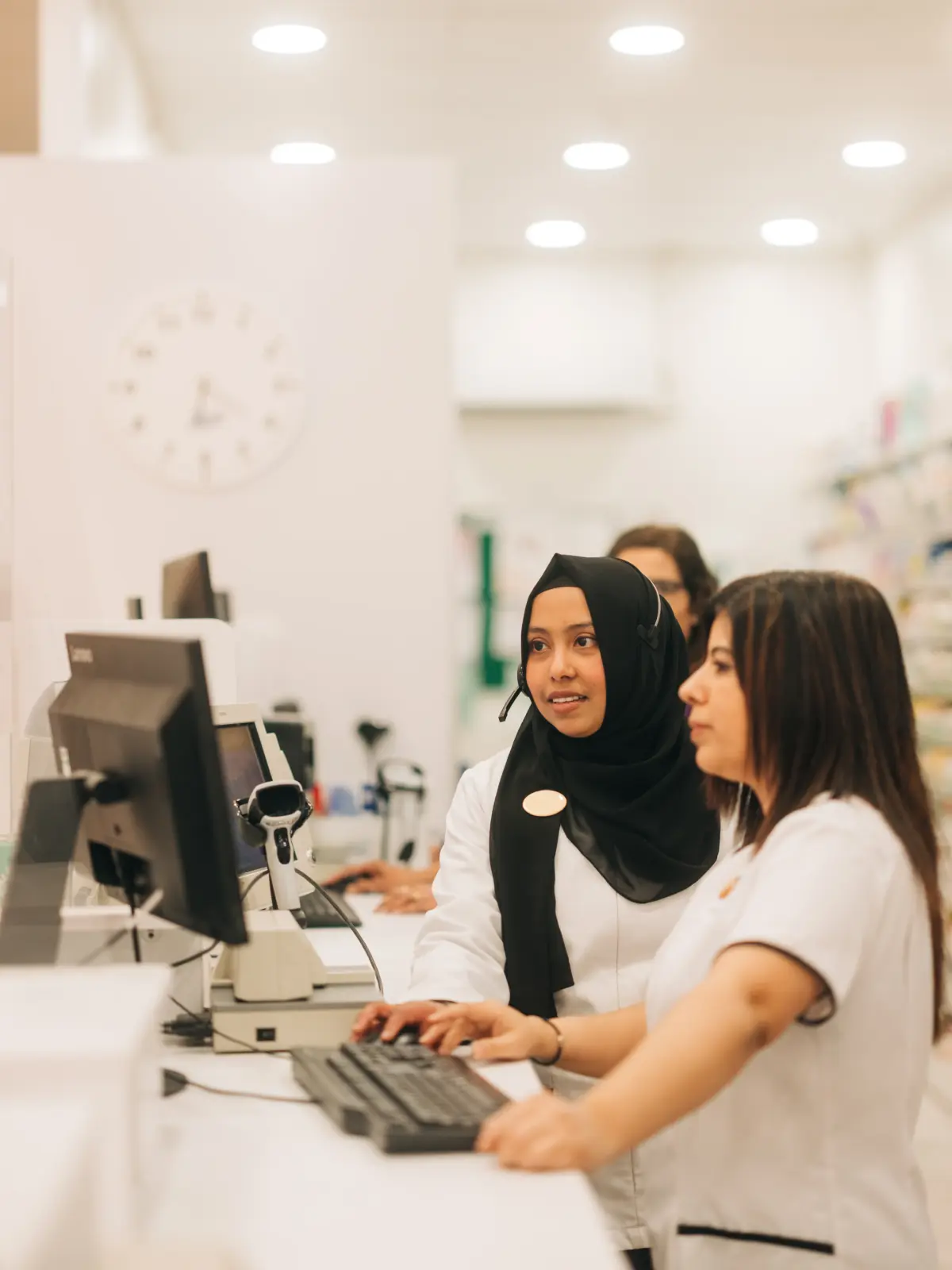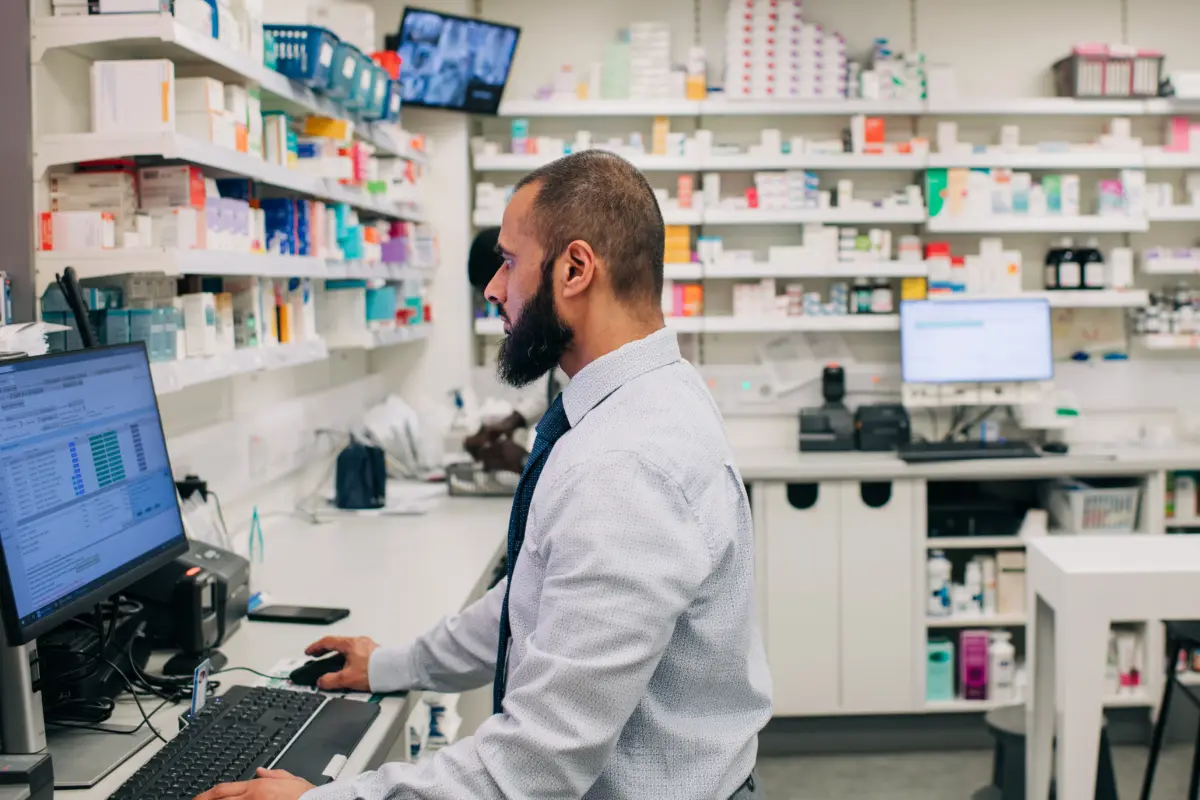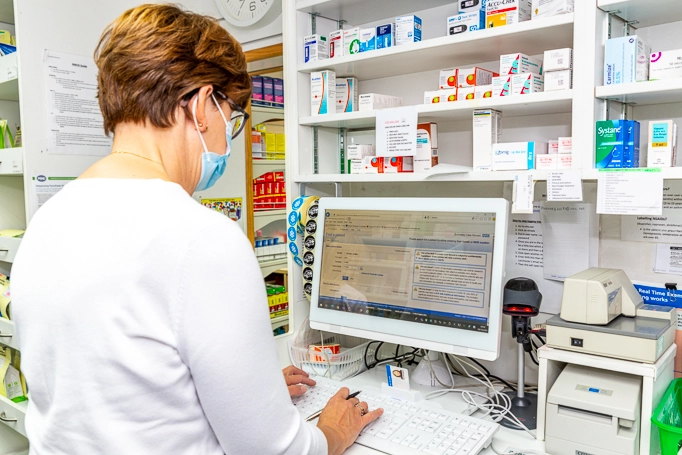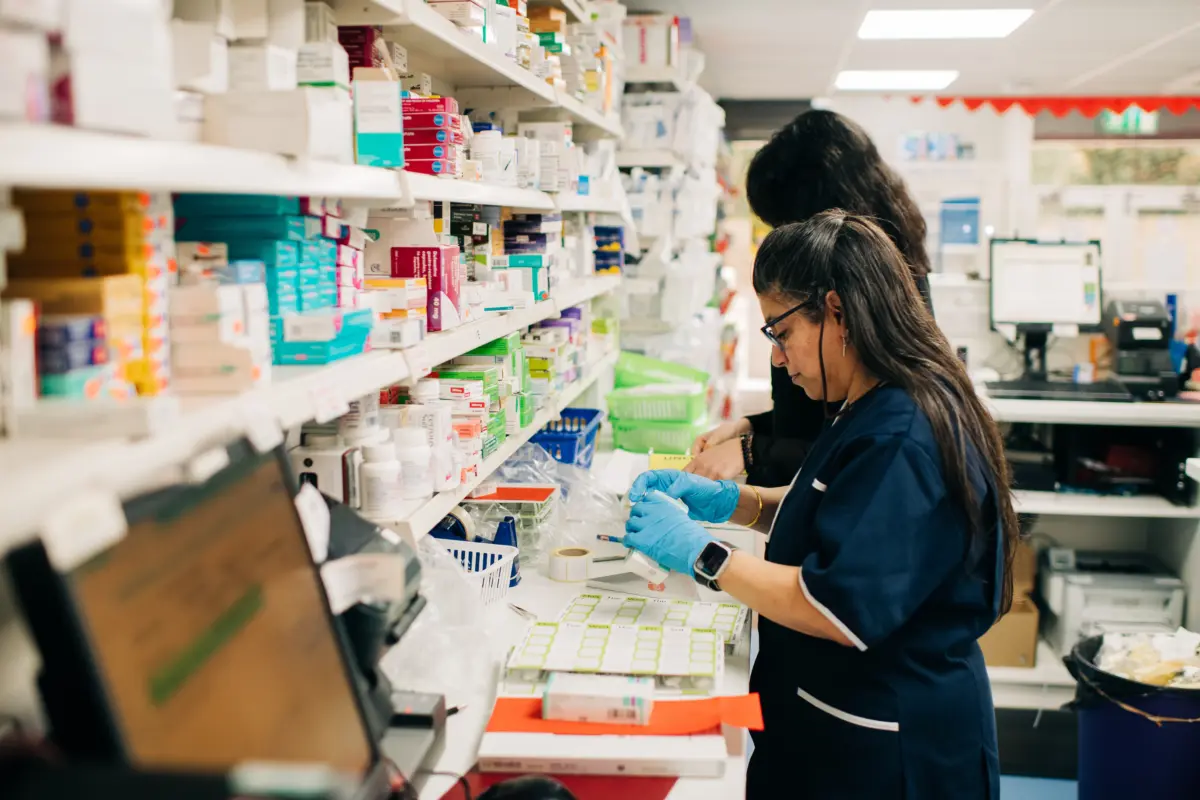Mobile messaging and notifications
Published on: 27th April 2020 | Updated on: 19th December 2023
Mobile messaging involves the sending of messages to a person’s mobile device – such as their mobile phone. Examples include SMS texting, Multimedia Message Service (MMS) to a host of wireless access protocol (WAP) mobile messaging services (e.g. WhatsApp or Telegram).
Health and care professionals may use mobile messaging to communicate amongst each other or to communicate with patients. Some pharmacy and GP practice clinical systems also enable the sending of mobile messaging.
IT supplier messages If you’d like to explore with your pharmacy system supplier how you could use your system to efficiently send mobile messages to patients (e.g. notifications for when medicines can be collected), please contact your pharmacy system supplier. Some system suppliers enable you to send SMS text messages or email reminders to patients that want these messages – via a special type of NHSmail pharmacy account called an NHSmail ‘application account’ The process may involve: Some pharmacy owners may opt to set-up their own NHSmail application accounts. There are a number of mobile messaging providers that can also support pharmacy owners and teams with mobile messages. NHS Notify NHS Notify is a secure messaging service used by NHS organisations to send updates to patients. It works alongside the NHS App and other digital tools to help patients stay informed about their care. For community pharmacies, NHS Notify may support better communication with patients in the future — helping them understand appointments, prescriptions, and services. Some IT suppliers will consider making cases for use of NHS Notify for NHS pharmacy service purposes. See: NHS Notify NHS guidance previously stated that: “It is absolutely fine to use mobile messaging to communicate with colleagues and patients/service users as needed. It is also fine to use commercial, off-the-shelf applications such as WhatsApp and Telegram where there is no practical alternative and the benefits outweigh the risk. The important thing, as always, is to consider what type of information you are sharing and with whom. And as much as possible limit the use of personal/confidential patient information.” (NHS IG advice for health and care professionals 2020). NHS England’s Mobile Messaging guidance also sets out some IG considerations. For more information on this topic please email it@cpe.org.uk

